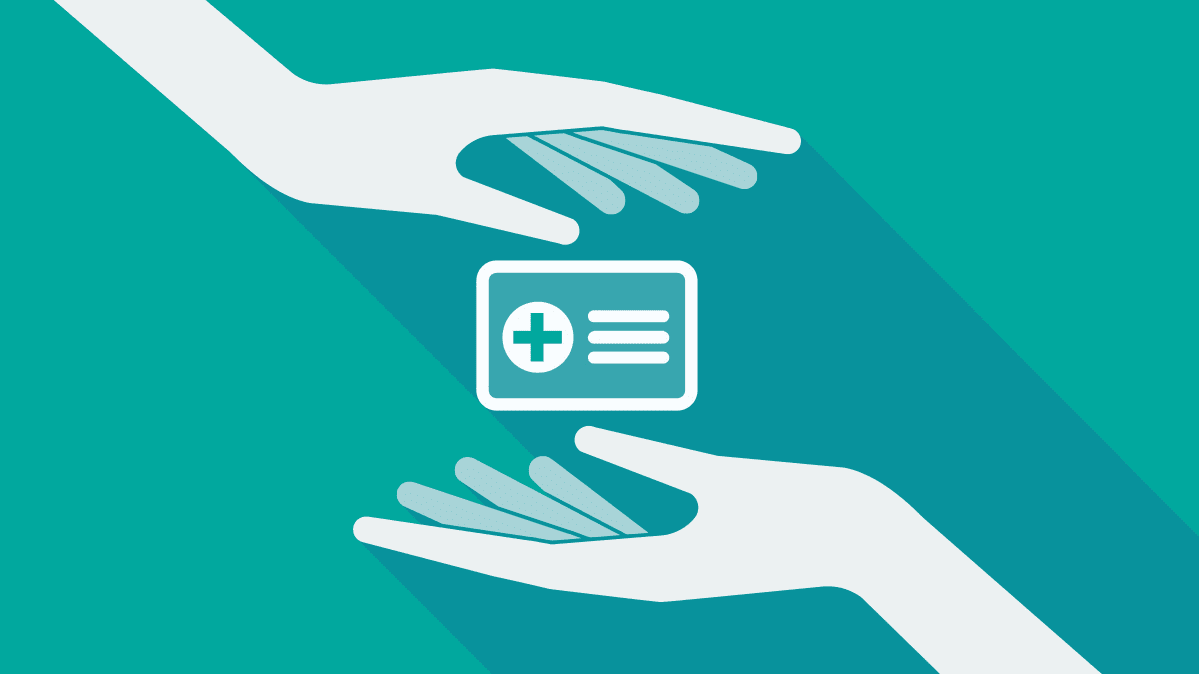
Get Health Insurance If You Lost Job During Pandemic
If you have to scramble to arrange for health insurance, it can be tricky to determine the best plan for you and your family. Here’s what you need to know about your options.
Find out whether you’re eligible to join a family member’s plan. The simplest and likely least costly option is, if you can, to get coverage under your spouse’s, partner’s, or, if you’re under age 26, parents’ plan.
Last year, 94 percent of organizations offering health insurance to workers also offered coverage to spouses and dependents and about half offered benefits to domestic partners, according to the Kaiser Family Foundation.
Typically, you have to request enrollment within 30 days of losing your health insurance, but the federal government is allowing employers to extend that time period because of the COVID-19 emergency. So check with the employer to see whether you’re eligible. Be aware that you may be charged higher premiums or more cost-sharing than an employee.
See whether you qualify for Medicaid. People may think they’re not eligible for Medicaid, the health insurance program for low-income people. But after the Affordable Care Act was passed in 2010, 36 states and the District of Columbia also expanded their Medicaid programs and raised the qualifying income level.
In fact, the Kaiser Family Foundation estimates that almost half of people who’ve lost their jobs will be eligible for Medicaid.
You can find out whether you live in a state that has expanded Medicaid and check your eligibility at healthcare.gov. You can apply for Medicaid any time of the year.
Determine whether your kids qualify for CHIP. If you earn too much to be Medicaid-eligible but have dependent children under age 19, see if they can be covered through the Children’s Health Insurance Program (CHIP), which offers low-cost healthcare to children. Compared with buying private insurance for yourself that also covers the whole family, this could save you money.
Go to your state marketplace for health insurance at healthcare.gov to see whether you qualify. You can apply for the CHIP program any time of the year.
Decide whether to keep your employer coverage. It may seem easiest to just stay on your employer plan through COBRA, which you can do for 18 months. It’s an attractive option if you want to retain the same doctors. But it’s expensive: Your employer will no longer be subsidizing the policy, so you’ll have to pay the full price of the plan. And because employers typically cover 60 to 80 percent of a plan’s cost, your cost to continue coverage could go up by hundreds of dollars per month.
The 60-day window for signing up for COBRA has been temporarily extended during the pandemic. Once the national emergency is declared over, you’ll then have 60 days to apply to remain on your employer insurance. The emergency status is updated periodically, and the last announcement by the Department of Health and Human Services was April 21. At that point to, HHS estimated that the emergency declaration would remain for 90 more days, till about the end of July.
Buy your own insurance on the open market. Under the Affordable Care Act, you can sign up for health insurance at any point to in the year through your state’s health insurance marketplace if you have a qualifying event, such as losing your job. You’ll need to provide a notice from your employer or insurer that your loss of coverage is because of a job loss. You can upload it or mail it in when you go online to the marketplace site. To find your state’s sign-up information, go to healthcare.gov.
Twelve states created a special sign-up period for anyone who was previously without health insurance and wants to buy it now, even if they haven’t lost a job and insurance now. While the deadline for signing up has passed in some states, the window for five marketplaces—California, Massachusetts, Maryland, Vermont, and D.C.—is open through mid- to late June, depending on the state.
While marketplace insurance can be costly, with a job loss you’re likely to qualify for subsidies to reduce premiums, says Rachel Schwab, a research associate at the Georgetown University Health Policy Institute. As of May 20, about 8.4 million people will be eligible for marketplace subsidies, according to the Kaiser Family Foundation.
Some states also consider a drop in income as a qualifying event. So if you already buy your own comprehensive insurance and your income has been significantly reduced, you should also determine whether you qualify for financial help or can switch to a less expensive plan, Schwab says.
Thanks for watching our article Get Health Insurance If You Lost Job During Pandemic - Consumer Reports. Please share it with kind.
Sincery One Health Club
SRC: https://www.consumerreports.org/health-insurance/get-health-insurance-if-you-lost-your-job-during-coronavirus-pandemic/
0 Response to "Get Health Insurance If You Lost Job During Pandemic - Consumer Reports"
Post a Comment